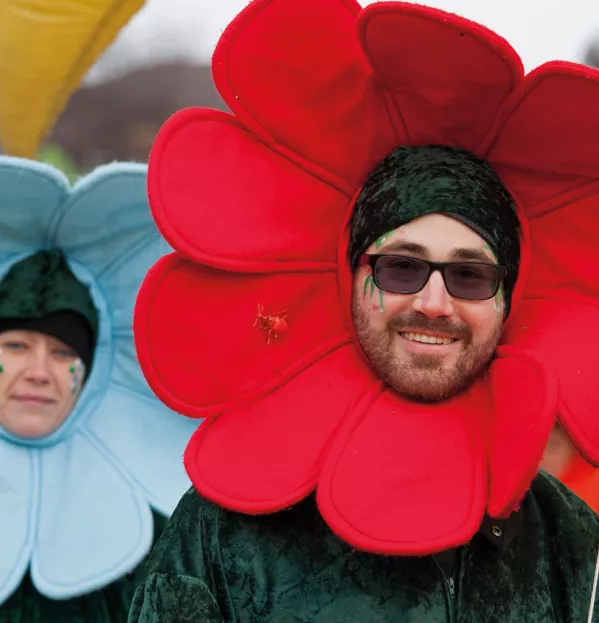School days pay off when we see students blossom

I hope everything that follows will be helpful to teachers out there. As you work through another SQA exam period, some of the pupils that you prepared for exams last year are nearing the end of their first year at university. These bright, creative and thoughtful students are proving to be a real asset at Strathclyde, and we are grateful for everything you did to get them here.
We ask our first-year students to reflect on their transition to university each year and use this information to enhance our efforts in supporting each new cohort. Here are some of the students’ experiences that we hope will help you support a new group of pupils prepare for the same transition.
Many students spent the summer worrying about making friends but found it much easier than anticipated, because everyone was in the same boat. Making an effort to be friendly and speak to new people really helps to break the ice. Once they started to make new friends, students discovered they didn’t necessarily have the same timetable as their peers.
Finding one face in a lecture hall holding 300 students is like a weekly game of Where’s Wally?, so making arrangements to meet people before or after lectures helped, and social media was a great way of keeping in touch. Interestingly, some students who arrived at university with a group of friends found it more difficult to make new ones.
Learning to live away from home is exciting but takes some getting used to. Parents will be pleased to know that their children appreciate what they had at home now they are having to cook, clean and get themselves up in the morning.
On the other hand, many students had to learn to commute - something they hadn’t thought through before they started their course. Many had very limited experience of travelling alone during the rush hour every day, so finding out about different bus and train times and the price structures for tickets was all new.
Although the layout of the campus seemed very complicated to start with, within weeks students were finding their way around and were far less breathless when climbing the hills.
You told your pupils they would have to learn to be more independent at university. As one student wrote: “I didn’t know they meant I would need to be this independent”. They heard you telling them this; they just didn’t believe you.
Creating their own timetable was a new skill that caused anxiety initially, but the students grew to enjoy the independence this afforded them. Planners and diaries became essential. One student wrote that she got by writing everything on the back of her hand at school - but at university, her hand isn’t big enough. Most students had to work at managing their time and the workload for three different subjects without direct instruction.
Students recommend getting into good habits early. Doing nothing in the space between classes was fun to start with but caused students to feel stressed when they hadn’t completed tasks and reading for lectures and tutorials. As the first semester progressed, they learned to make better use of the time between commitments to read, think and plan for classes, including time spent on public transport.
When they first arrived, students were genuinely shocked at being given instructions once, which we then expect them to remember and carry out without further reminders. Being given extensions for forgetting to do a task or piece of reading is a kindness not afforded to students at university.
Students feel motivated by studying subjects they enjoy and like the level of challenge involved in their studies. Having got used to it, they now enjoy being asked to think for themselves, appreciating the opportunity to develop their own opinions and share them with others. They like thinking differently and value hearing the opinions of their peers.
At the end of term one, students wrote about their pride in their own achievements and pride in being a Strathclyder. They are gaining confidence and looking forward in real anticipation to what the rest of their course will bring, describing themselves as excited, happy and inspired and telling us that being at Strathclyde is a life-changing experience.
Thank you for everything you do in school to prepare your pupils to become excellent undergraduate students. We are mindful of the six years they spend with you before coming to us, and of the seven years in primary school before that, and we appreciate your hard work. Plans are already in place for September, when we look forward to meeting a new cohort of first years - and starting the process all over again.
Amanda Corrigan is the associate dean for student experience in the faculty of humanities and social sciences at the University of Strathclyde. She tweets @ajcorrigan
You need a Tes subscription to read this article
Subscribe now to read this article and get other subscriber-only content:
- Unlimited access to all Tes magazine content
- Exclusive subscriber-only stories
- Award-winning email newsletters
Already a subscriber? Log in
You need a subscription to read this article
Subscribe now to read this article and get other subscriber-only content, including:
- Unlimited access to all Tes magazine content
- Exclusive subscriber-only stories
- Award-winning email newsletters